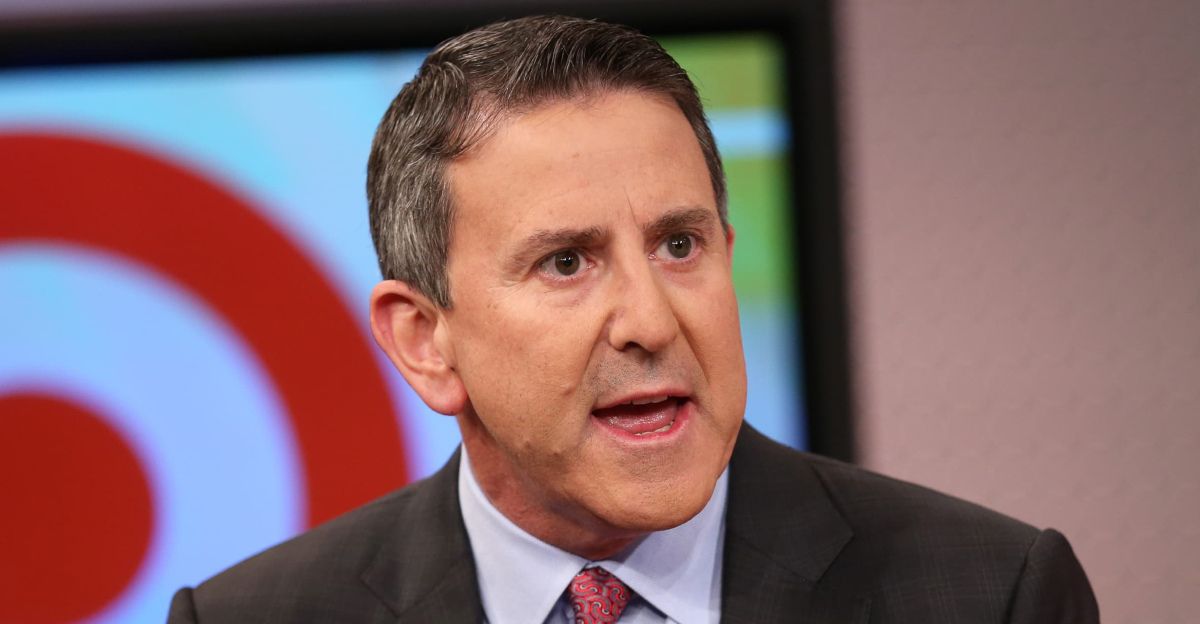
Traget’s chairman and chief executive officer, Brian Cornell, has just warned that American consumers should brace themselves for significant price increases as the retailer faces pressure from boycotts and new tariffs. The company has recently reported a 2.8% decline in sales, attributing the drop to weak consumer confidence and backlash over its retreat from diversity, equity, and inclusion initiatives.
On top of that, new tariffs on imports from China, Mexico, and other countries also threaten to increase prices. This, along with public pushback and international trade disruptions, is forcing Target and other major retailers to make difficult decisions that could impact households nationwide.
Retailers Under Pressure
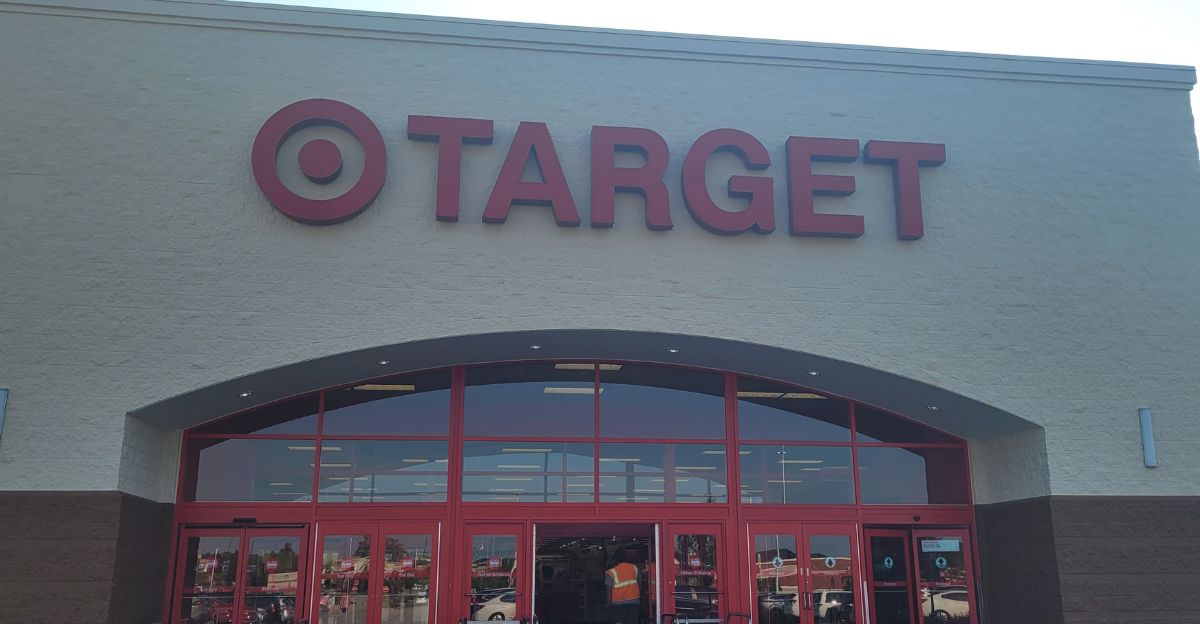
Target is not the only retailer under pressure. Many brands across the industry are struggling with the new tariffs, which include rates of up to 25% on Mexican and Canadian products and as much as 30% on Chinese products. According to the National Retail Federation, the new tariffs are expected to raise the prices of many products, including fruits, vegetables, and electronics.
Brian Cornell described the situation as “incredibly difficult.” Right now, the company is trying to absorb as many costs as possible but will have to pass some onto shoppers if prices continue to rise. This could result in a significant surge in prices that could transform the retail industry.
The Boycotts
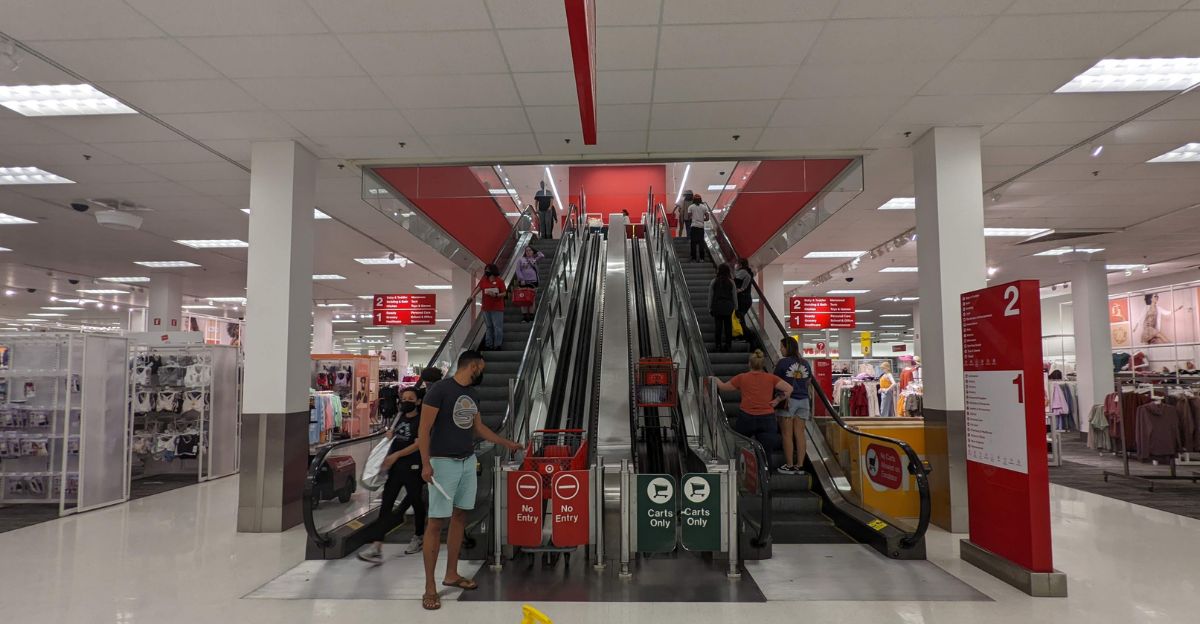
The retail giant is facing mounting pressure as a nationwide boycott over its rollback of diversity, equity, and inclusion (DEI) initiatives continues to impact sales and investor confidence.
The boycott, led by The People’s Union USA and other advocacy groups, indicates a broader issue for many companies. Consumers are becoming fed up with corporate policies and the rising cost of living. Consumers have shown that they expect companies to do better.
Consumer Confidence
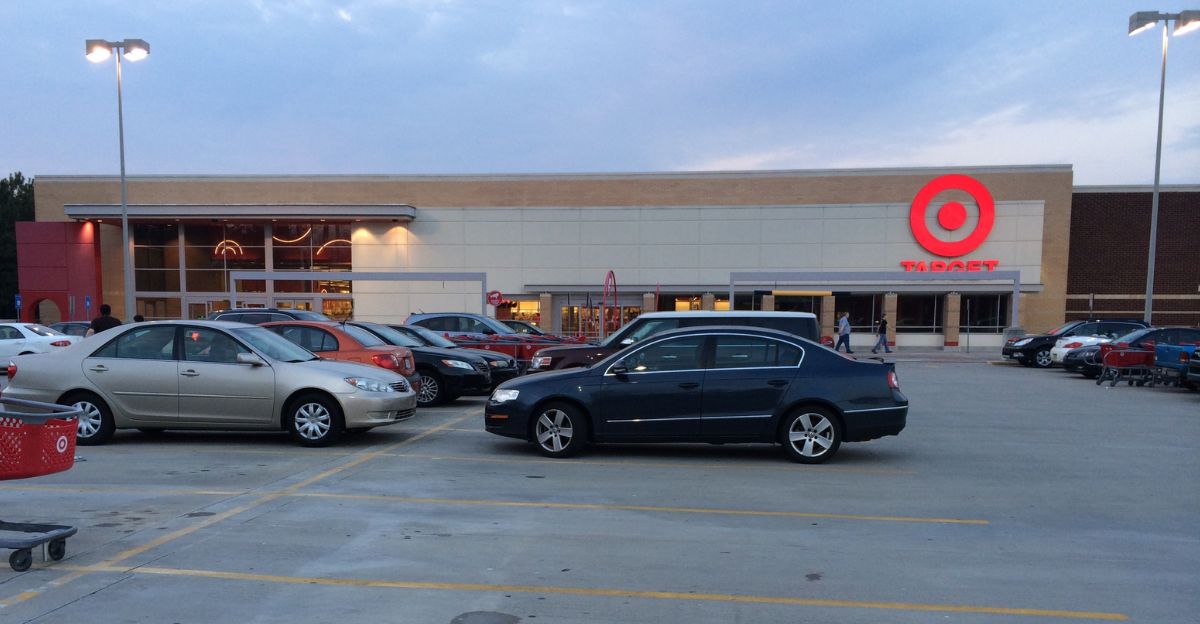
Because of the recent boycotts and the new tariffs, consumer sentiment has tanked. In May 2025, the University of Michigan’s Consumer Sentiment Index recorded its second-lowest reading, indicating growing public concern over rising prices and economic instability.
With fears of a recession, persistent inflation, and political uncertainty looming, many Americans have stopped spending money on nonessentials. Households across the country are now cutting back, changing their spending habits, and turning toward more affordable, values-oriented alternatives, often at the expense of traditional big-box retailers.
A Warning Sign
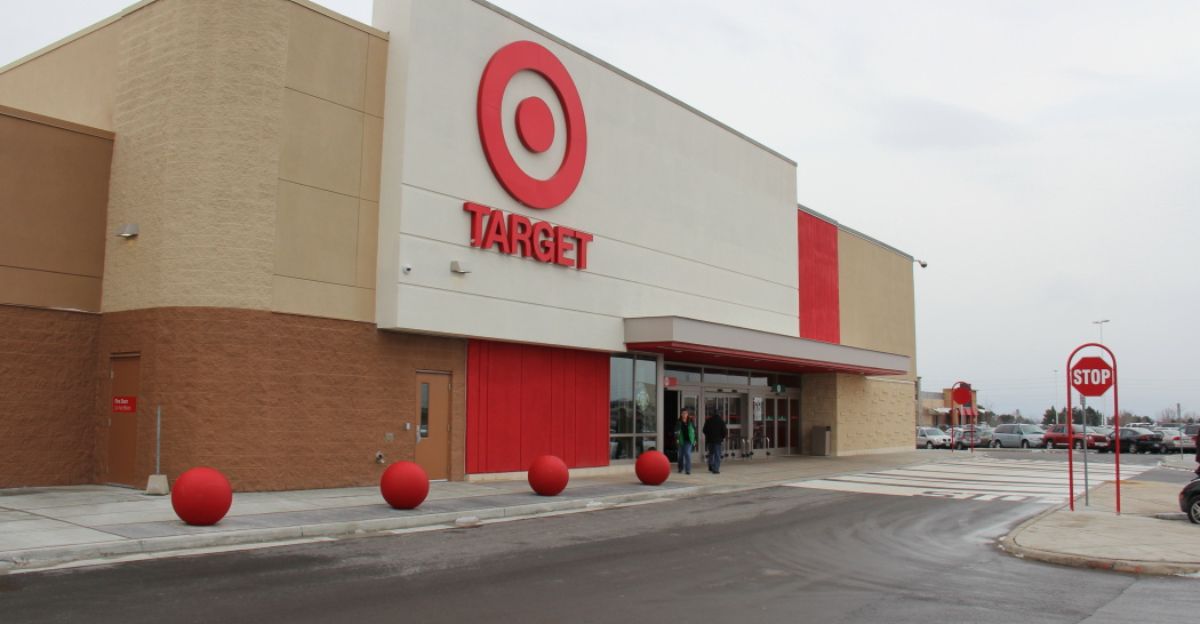
Target’s current issues are a warning sign for the economy. With slowing sales and rising costs, the company lowered its full-year sales forecast, which is troubling for the whole retail ecosystem and the millions of employees it supports.
In early 2025, the U.S. economy shrank for the first time in three years as shoppers and businesses struggled under the impact of boycotts and tariffs. The consequences were felt beyond retail, putting pressure on local economies, disrupting supply chains, and threatening the livelihoods of Americans who rely on a healthy consumer market.
A Shift

Because of the crisis, retailers will probably have to innovate, change their distribution channels, and adjust their business models. Target is currently evaluating whether it could source more goods domestically rather than relying on imports from China.
While boycotts and tariffs hurt retails in the short run, they could also accelerate the shift toward new technologies, more sustainable practices, and greater connections with communities. But now, the question is whether Target and its competition can turn this crisis into motivation for meaningful change and long-term growth.
A Lose-Lose Situation
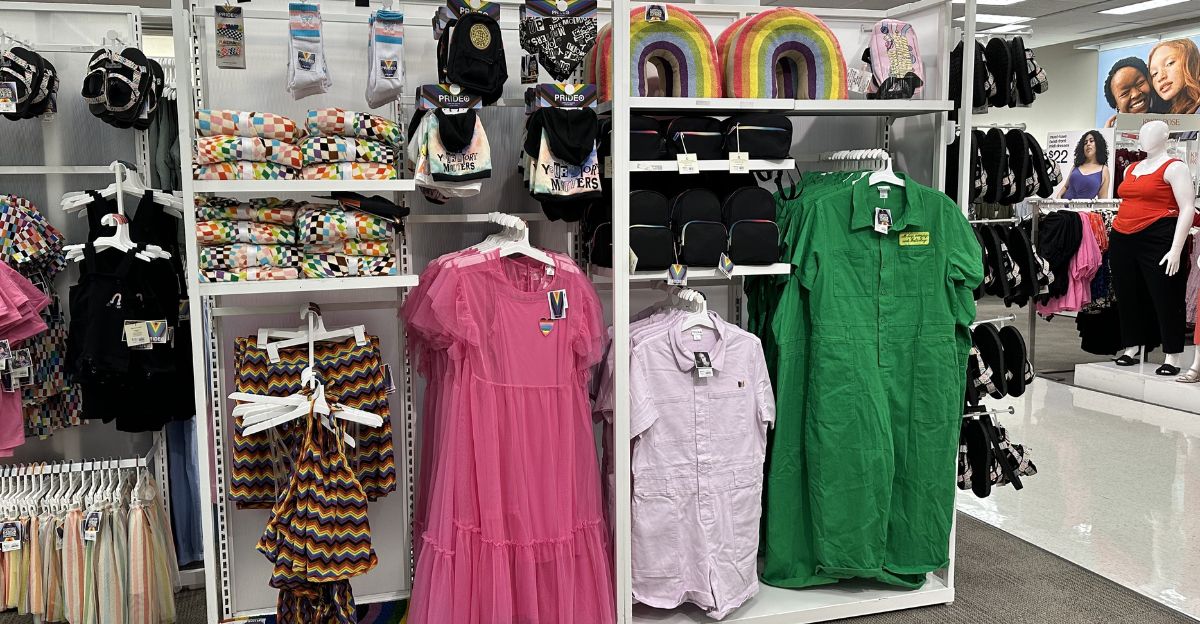
Target’s CEO has stated that price increases are a “last resort.” However, with thin profit margins and increased prices, it seems that the company will have to pass some of the financial burden onto shoppers.
Walmart, Best Buy, and other retailers are in the same boat and have warned consumers that prices will rise on many products, from groceries to electronics. The outcome is a lose-lose situation: retailers risk pushing customers away with rising prices, while consumers are forced to stretch their household budgets even further.
“Eat The Tariffs”

The new tariffs have sparked intense political debate and have become a flashpoint in the broader discussion around trade and inflation.
President Donald Trump has publicly urged retailers to “eat the tariffs,” in other words, to absorb the added costs themselves rather than passing them on to consumers through higher prices.
Significantly Impacted Consumers
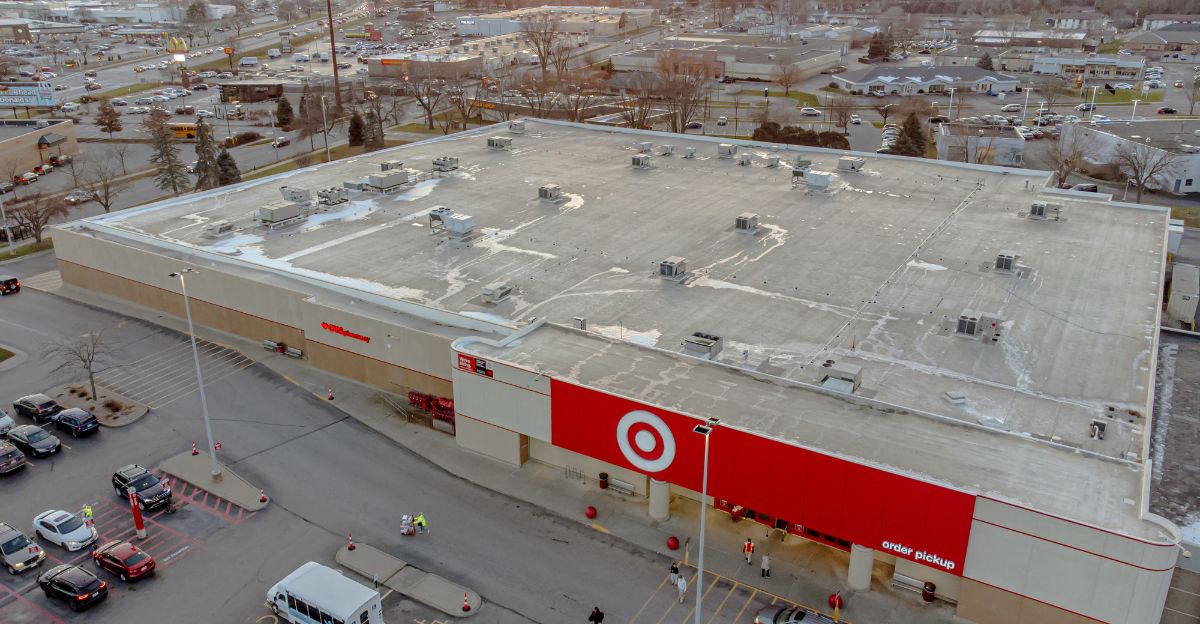
The boycotts and price hikes have significantly impacted consumers. Rising prices have led to more difficult decisions at checkout for American families, as shoppers are forced to cut back on essentials or postpone non-urgent purchases.
The burden is even heavier for low-income families, where even small price increases can drive painful decisions. On top of that, lost sales and potential layoffs can affect local economies, reducing income, increasing unemployment, and broadening economic inequality.
A Warning
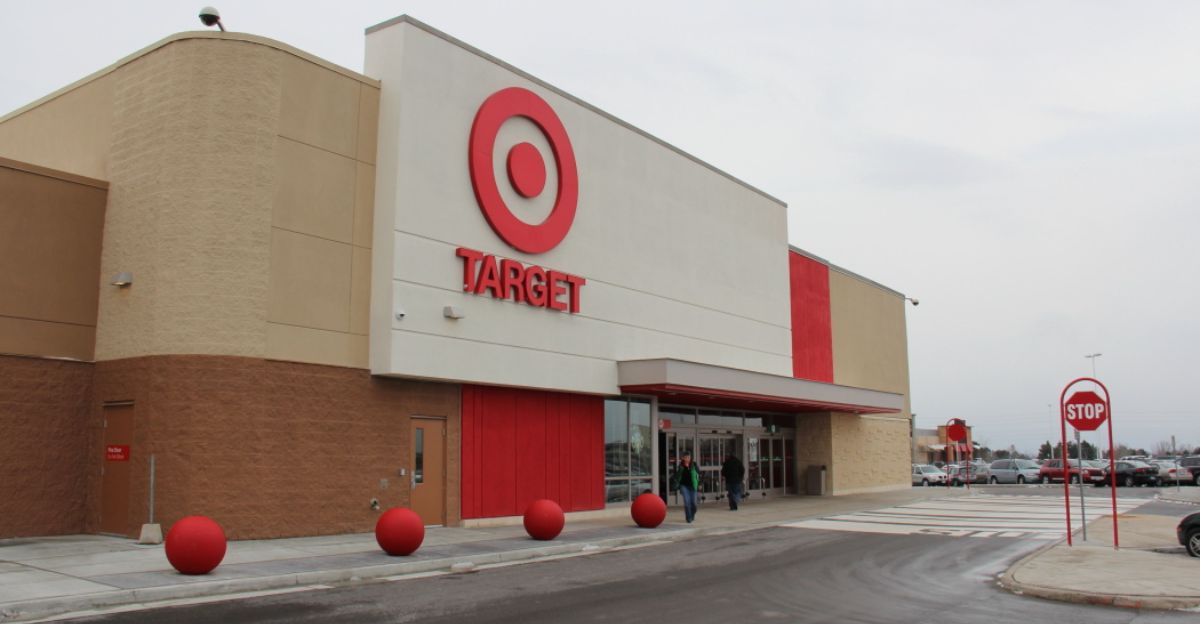
Target’s announcement of significant price increases is a warning for America. The recent boycotts and new tariffs have created the perfect storm, testing retailers and consumers. Adaptation and innovation could offer a way out, but the short term does not look promising: high prices, slower sales, and weakening consumer confidence in the American economy’s institutions.
Target and its competitors must work to rebuild trust, adjust to a rapidly evolving landscape, and make sure the burden of this crisis doesn’t fall unfairly on those who can least afford it.
Discover more DIY hacks and style inspo- Follow us to keep the glow-up coming to your feed!
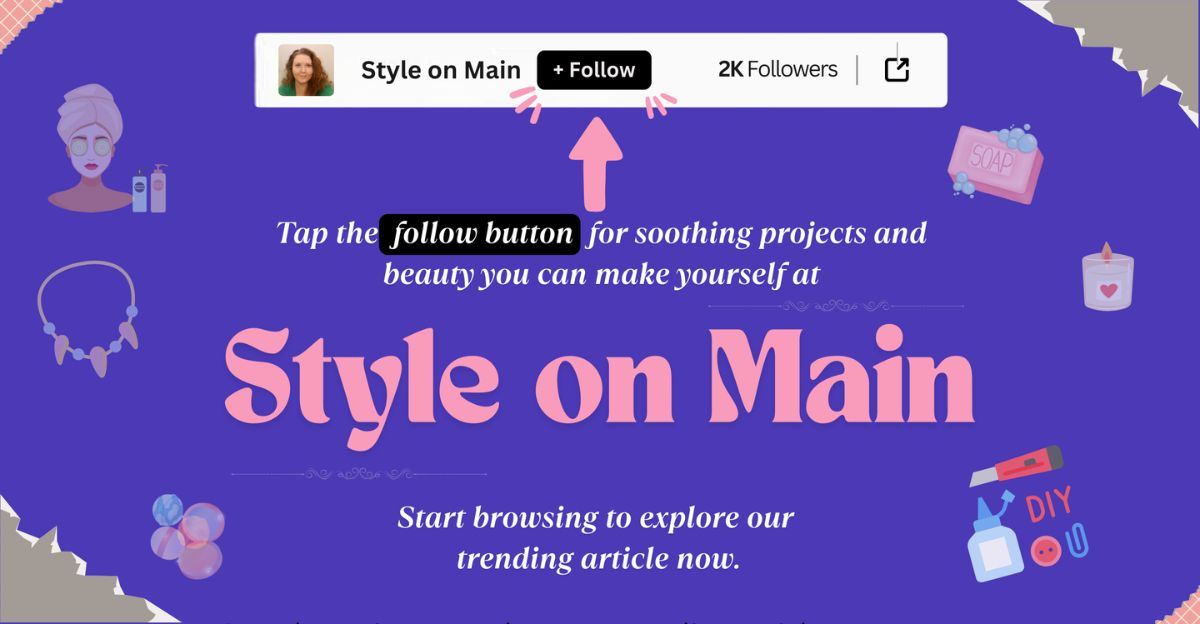
Love content like this? Tap Follow at the top of the page to stay in the loop with the latest beauty trends, DIY tips, and style inspo. Don’t forget to share your thoughts in the comments — we love hearing from you!